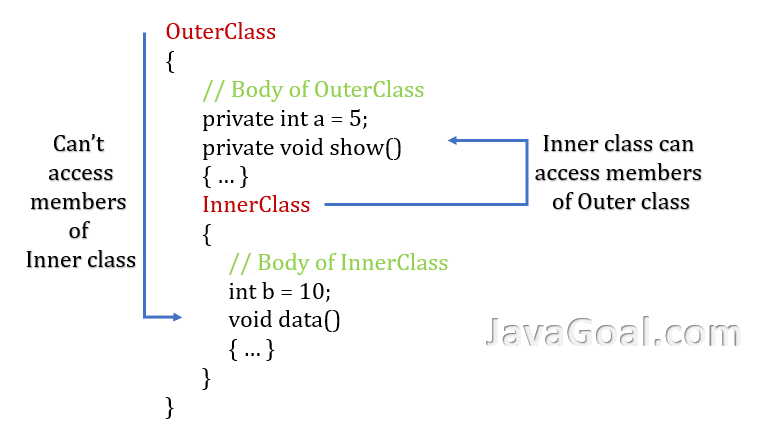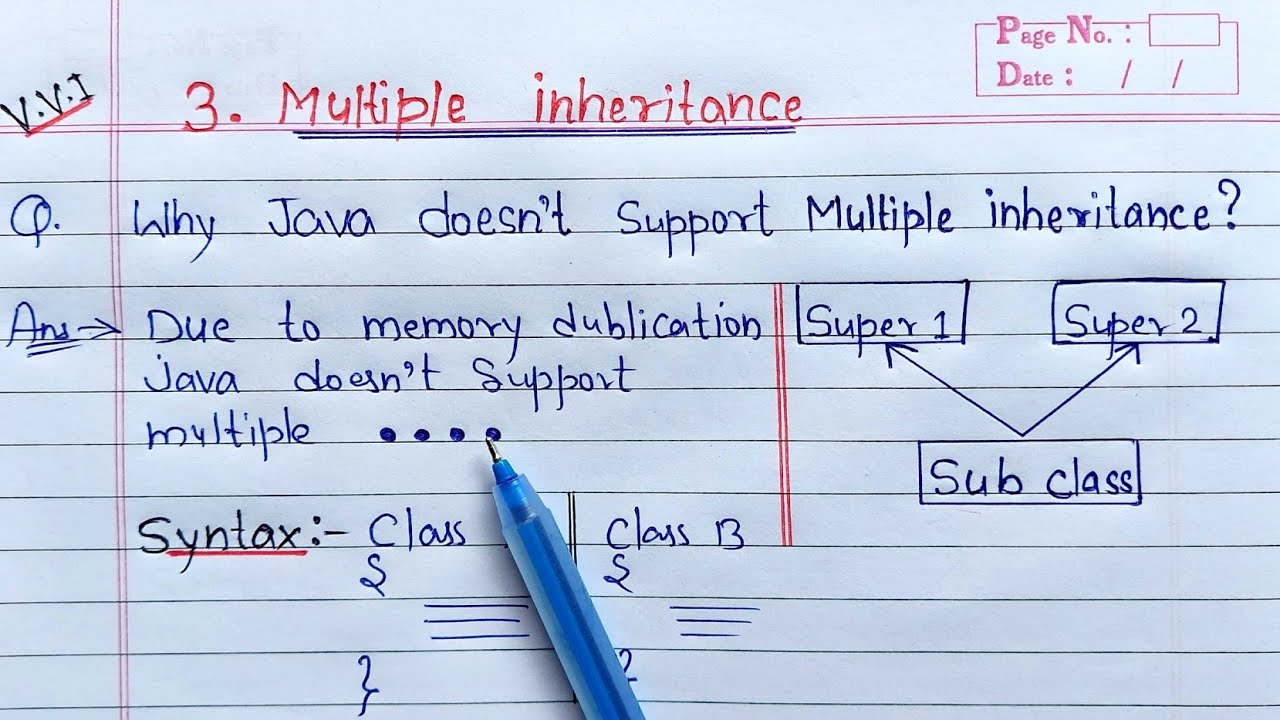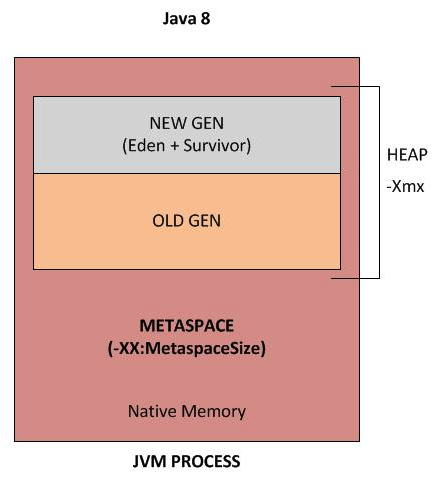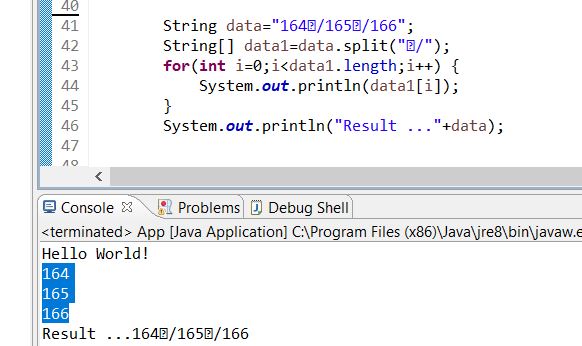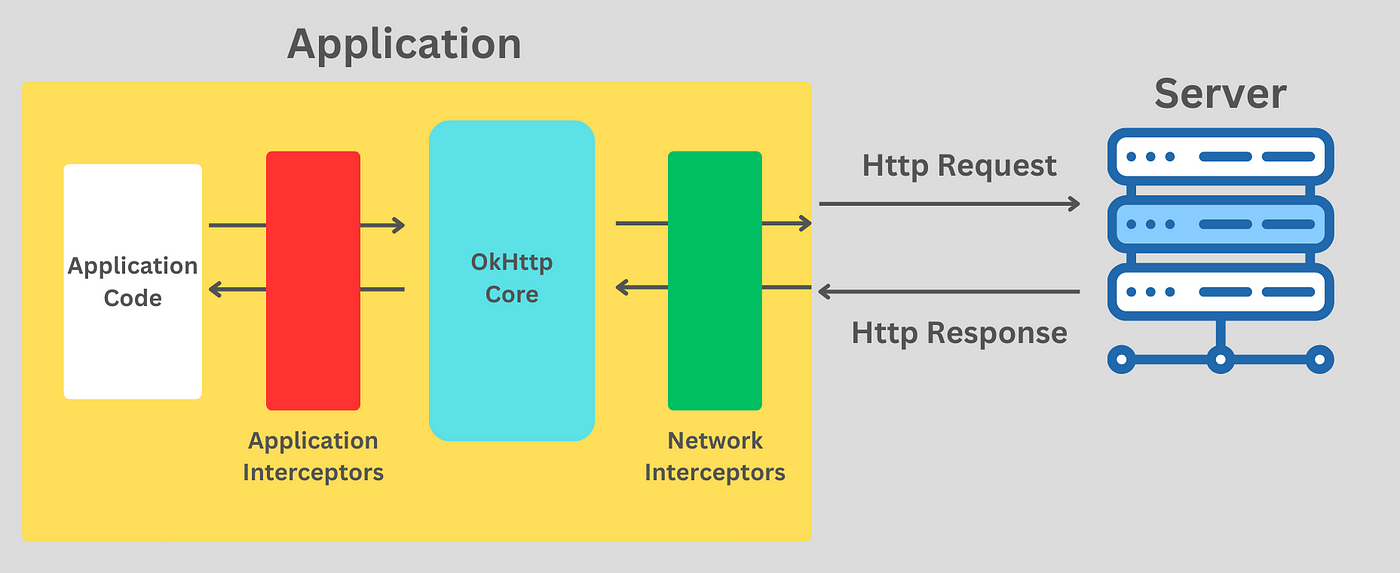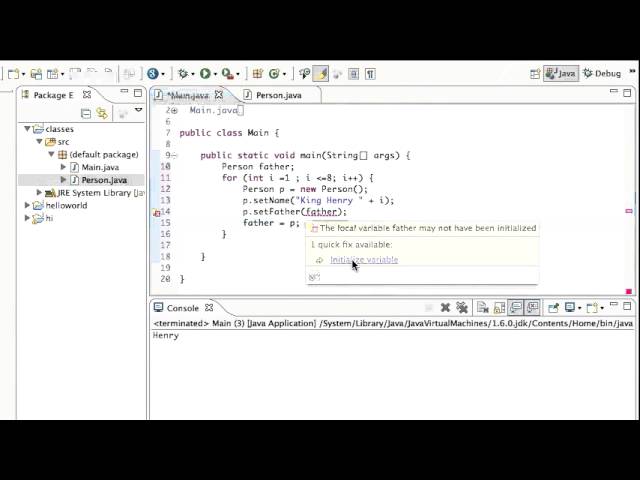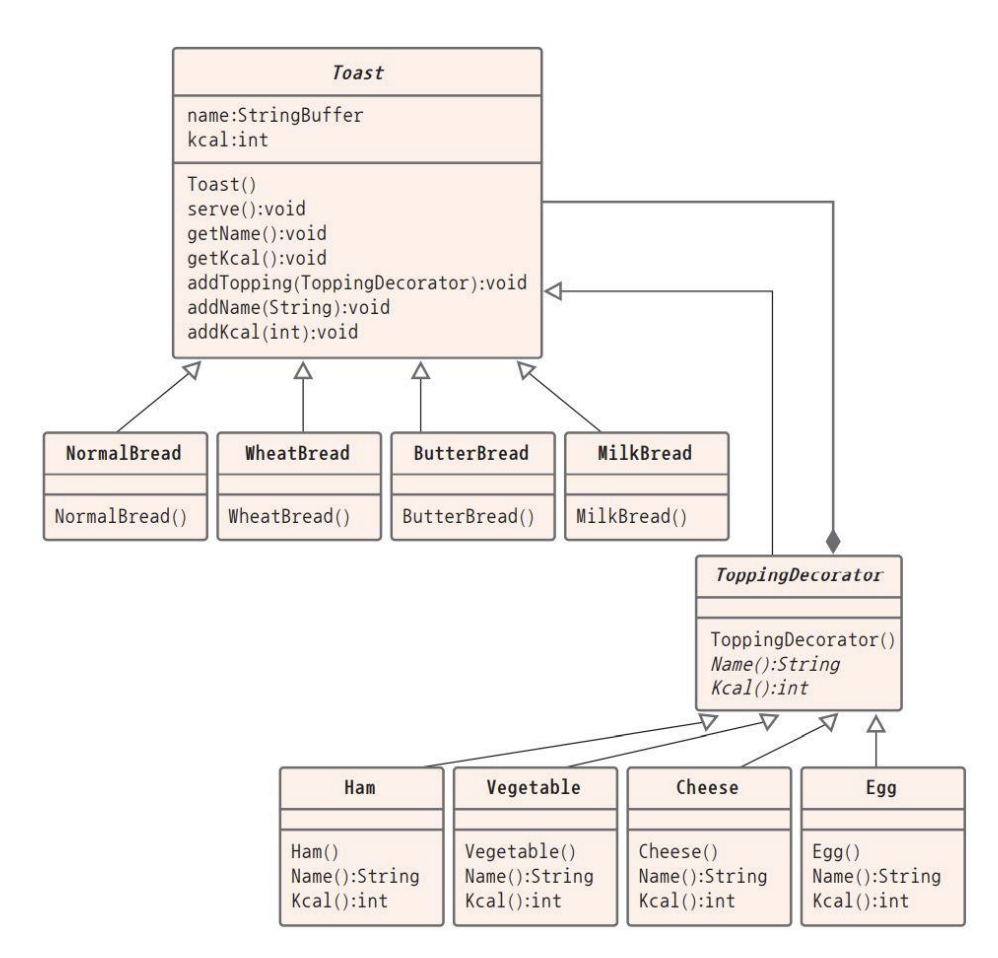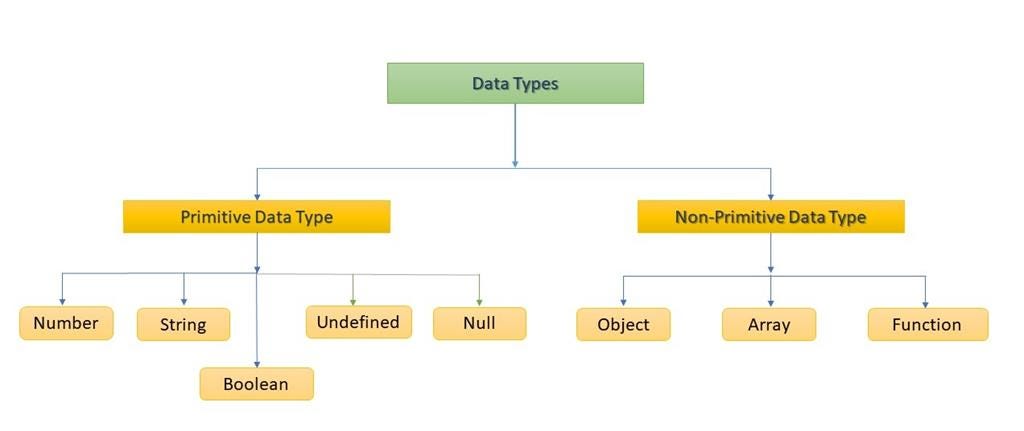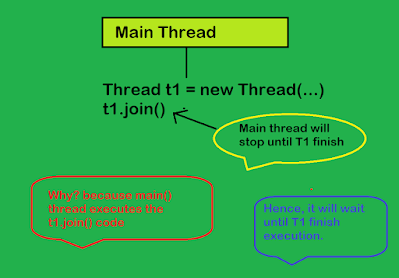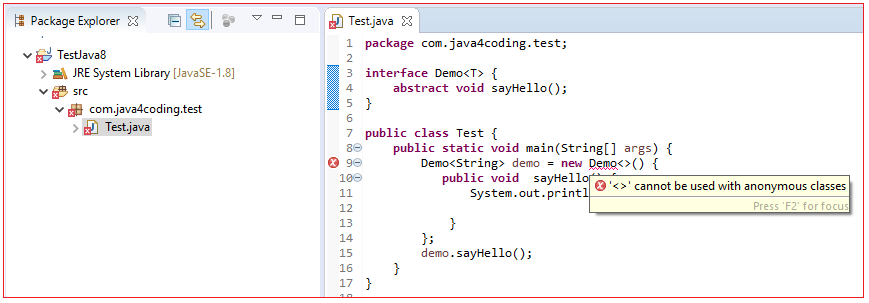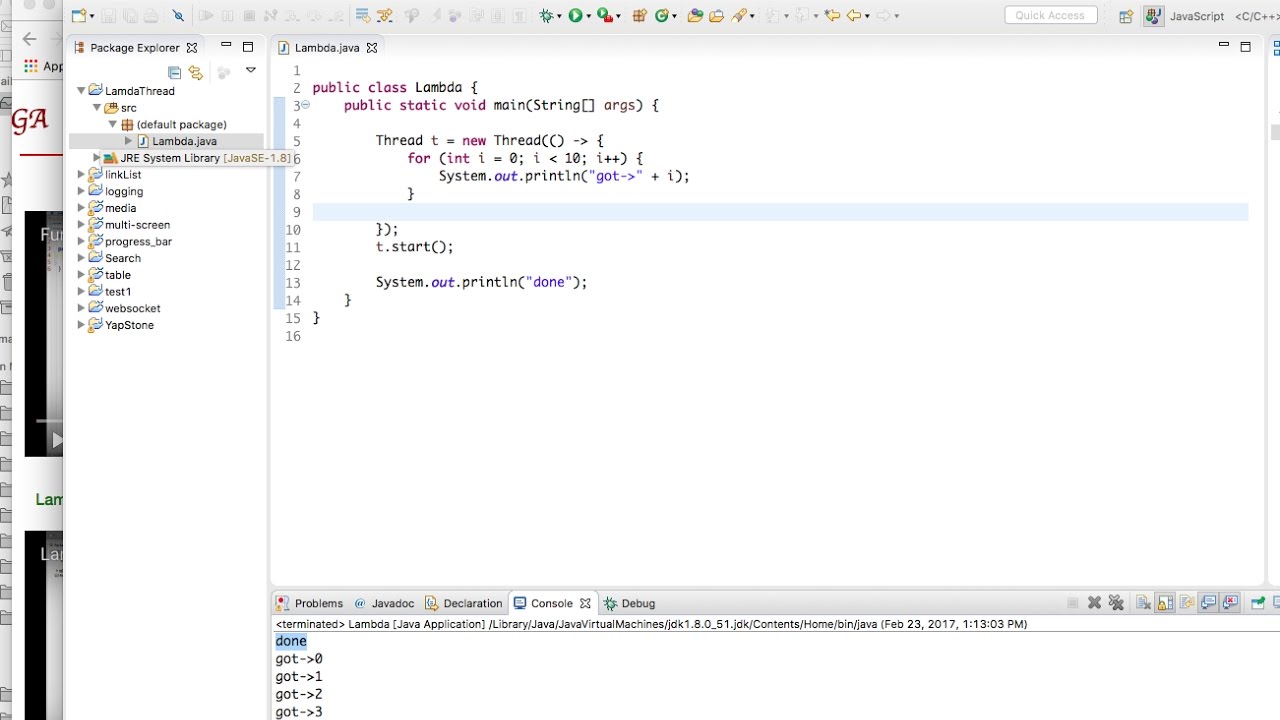How to assign a value to a variable in java using
How to assign a value to a variable in java using
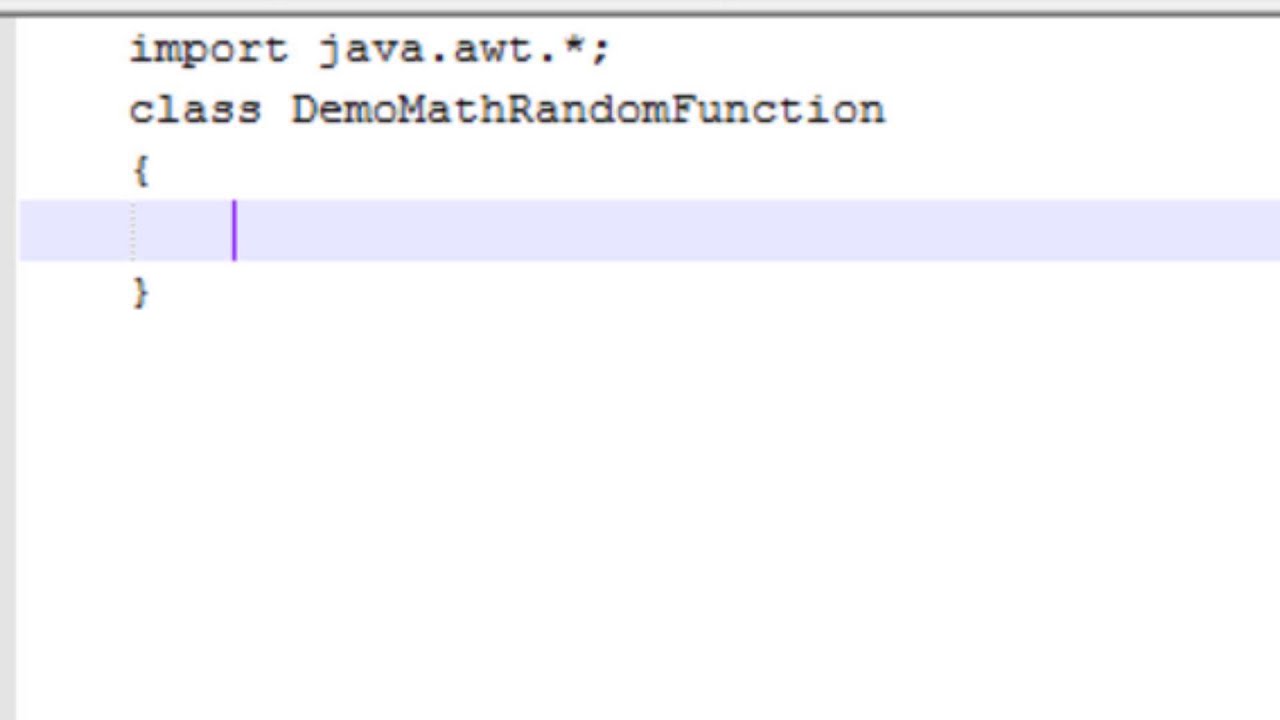
I'll respond in English for once!
In Java, you can assign a value to a variable using the assignment operator (=). Here's how it works:
Basic Assignment
int myVariable;
myVariable = 5; // assigns the value 5 to myVariable
In this example, we declare an integer variable myVariable and then assign the value 5 to it using the assignment operator (=). After this line of code is executed, myVariable will hold the value 5.
Assignment with Initialization
int myVariable = 10; // initializes and assigns the value 10 to myVariable
This is a shortcut for declaring and initializing a variable in one step. When you assign a value to a variable like this, you're essentially saying: "Hey, Java! Create a new integer variable called myVariable and give it the value 10. Go ahead and store that value in memory."
Multi-Assignment
int myVariable1 = 5;
int myVariable2 = 10;
int myVariable3 = 15;
// assign values to multiple variables at once
int myVariable4, myVariable5, myVariable6;
myVariable4 = 20; myVariable5 = 25; myVariable6 = 30;
In this example, we declare and initialize three separate integer variables (myVariable1, myVariable2, and myVariable3). Then, we use the assignment operator to assign values to multiple variables at once using commas. This is useful when you need to set a bunch of variables with different initial values.
Array Assignment
int[] myArray = {1, 2, 3};
Here, we create an integer array myArray and initialize it with the values {1, 2, 3}. The assignment operator is used to assign these values to the array.
Object Reference Assignment
MyClass obj1 = new MyClass();
obj1.setName("John");
MyClass obj2;
obj2 = obj1; // assigns object reference to obj2
In this example, we create a MyClass object obj1 and set its name property to "John". Then, we declare another variable obj2 of the same type and assign the object reference of obj1 to it using the assignment operator. Now, both obj1 and obj2 refer to the same MyClass object.
These are just a few examples of how you can assign values to variables in Java. The key takeaway is that the assignment operator (=) is used to associate a value with a variable, whether it's a primitive type like an integer or a more complex data structure like an array or object reference.
How to assign multiple values to a single variable in Java
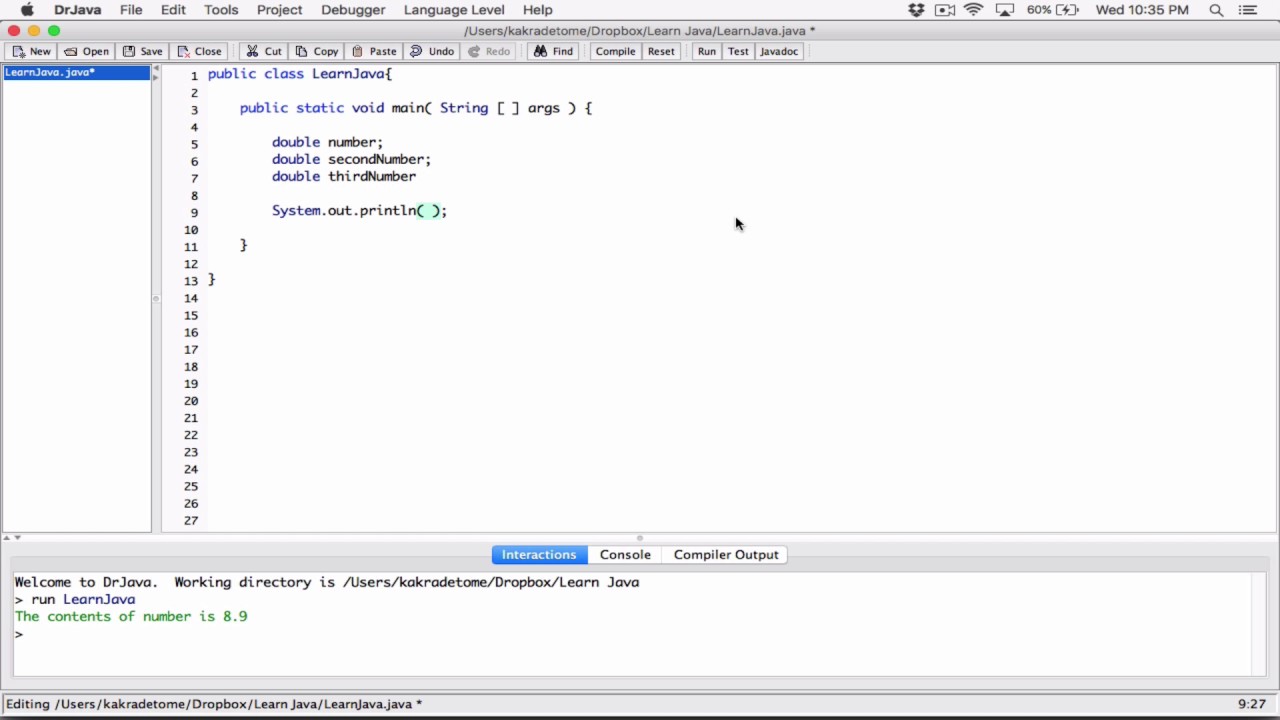
I'd be happy to help!
In Java, there is no direct way to assign multiple values to a single variable. However, there are several approaches you can use to achieve this:
Arrays: You can create an array and store the values in it. For example:int[] values = new int[3];
values[0] = 1;
values[1] = 2;
values[2] = 3;
// Accessing individual values
System.out.println(values[0]); // prints 1
List values = new ArrayList<>();
values.add(1);
values.add(2);
values.add(3);
// Accessing individual values
System.out.println(values.get(0)); // prints 1
Multiset values = HashMultiset.create();
values.add("value1");
values.add("value2");
values.add("value3");
// Accessing individual values
System.out.println(values.get(0)); // prints "value1"
public class Values {
private int value1;
private int value2;
private int value3;
public Values(int v1, int v2, int v3) {
value1 = v1;
value2 = v2;
value3 = v3;
}
// Accessing individual values
public int getValue1() {
return value1;
}
public int getValue2() {
return value2;
}
public int getValue3() {
return value3;
}
}
Values values = new Values(1, 2, 3);
System.out.println(values.getValue1()); // prints 1
HashMap): You can use a map to store the multiple values:
Map values = new HashMap<>();
values.put("value1", 1);
values.put("value2", 2);
values.put("value3", 3);
// Accessing individual values
System.out.println(values.get("value1")); // prints 1
In conclusion, while you can't directly assign multiple values to a single variable in Java, there are various ways to achieve this using arrays, lists, tuples, objects, or maps. The choice of approach depends on the specific requirements and constraints of your program.
I hope this helps!

